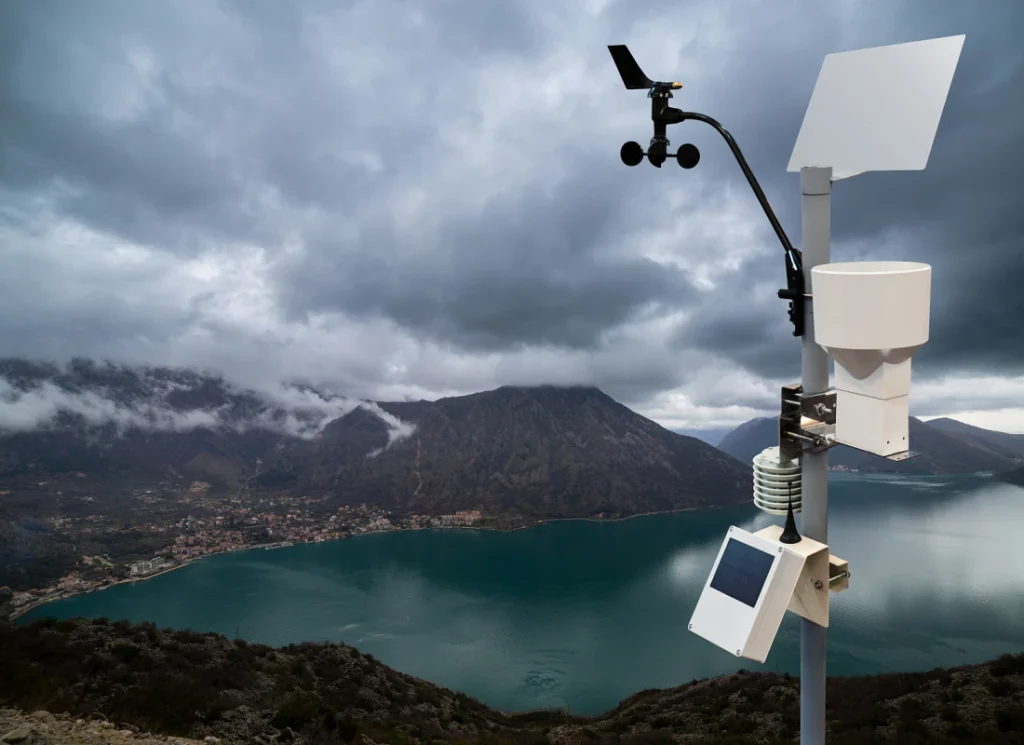
# Rainwater Sensor: A Smart Solution for Water Conservation
## Introduction
In an era where water scarcity is becoming a growing concern, innovative technologies like rainwater sensors are emerging as valuable tools for sustainable water management. These smart devices play a crucial role in optimizing water usage, particularly in irrigation systems, helping both homeowners and commercial establishments reduce their water footprint.
## What is a Rainwater Sensor?
A rainwater sensor is an electronic device designed to detect precipitation and automatically adjust irrigation systems accordingly. These sensors typically consist of:
– A moisture-sensitive surface
– Electronic circuitry
– Wireless or wired communication components
– Weatherproof housing
## How Rainwater Sensors Work
The operation of rainwater sensors is elegantly simple yet highly effective. When rain falls on the sensor’s collection surface, it triggers a response that communicates with the irrigation controller. This process involves several key steps:
1. Detection of rainfall through moisture-sensitive components
2. Measurement of precipitation amount
3. Transmission of signal to the irrigation system
4. Automatic adjustment or suspension of watering schedules
## Benefits of Using Rainwater Sensors
### Water Conservation
The primary advantage of rainwater sensors is their ability to significantly reduce water waste. By preventing irrigation during or after rainfall, these devices can save thousands of gallons of water annually for a typical residential property.
### Cost Savings
Reduced water usage translates directly to lower utility bills. Many users report recouping their investment in rainwater sensors within a single irrigation season through water bill savings.
### Environmental Protection
By minimizing unnecessary irrigation, rainwater sensors help:
– Reduce runoff that carries fertilizers and pesticides into waterways
– Preserve local water resources
– Decrease energy consumption associated with water treatment and distribution
## Types of Rainwater Sensors
Several varieties of rainwater sensors are available on the market:
### Cup-style Sensors
These traditional models use small cups that fill with rainwater, triggering a mechanical switch when a certain weight is reached.
### Electronic Sensors
More advanced versions utilize electronic moisture detection, offering greater precision and programmability.
### Wireless Sensors
Modern wireless models provide flexibility in placement and easy integration with smart irrigation systems.
## Installation and Maintenance
Proper installation is crucial for optimal performance of rainwater sensors:
– Mount in an open area exposed to rainfall
– Ensure proper alignment with the irrigation controller
– Clean regularly to prevent debris accumulation
– Test functionality periodically
Most models require minimal maintenance, typically just occasional cleaning and battery replacement for wireless versions.
## Integration with Smart Irrigation Systems
Today’s rainwater sensors often work seamlessly with advanced irrigation controllers and smart home systems. This integration allows for:
– Remote monitoring and control via smartphone apps
– Data collection and analysis of water usage patterns
– Customizable response thresholds based on local climate conditions
## Choosing the Right Rainwater Sensor
When selecting a rainwater sensor, consider these factors:
– Local climate and rainfall patterns
– Size of the irrigated area
– Compatibility with existing irrigation equipment
– Desired features (programmability, wireless capability, etc.)
– Budget constraints
## The Future of Rainwater Sensing Technology
As water conservation becomes increasingly important, we can expect to see:
– More sophisticated AI-powered sensors
– Greater integration with weather forecasting systems
– Improved durability and self-cleaning features
– Expanded use in urban planning and agricultural applications
## Conclusion
Rainwater sensors represent a simple yet powerful solution for responsible water management. By automatically adjusting irrigation based on actual weather conditions, these devices help conserve precious water resources while saving money and protecting the environment. As technology advances and awareness grows, rainwater sensors are poised to become standard equipment in both residential and commercial irrigation systems worldwide.
Keyword: rainwater sensor